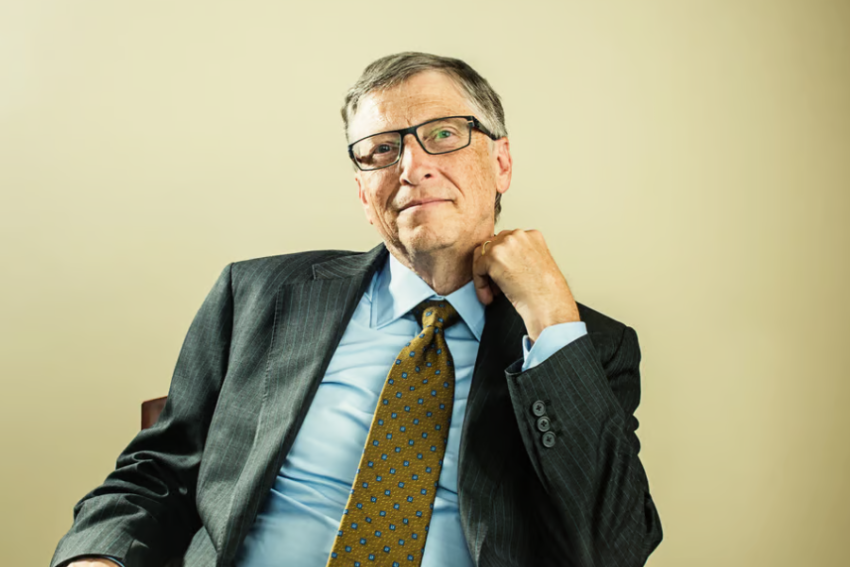In the realm of global health, few names loom as large as that of Bill Gates. The Microsoft co-founder turned philanthropist has leveraged his vast wealth and influence to become a key player in shaping the agenda of the World Health Organization (WHO) and other health organizations. While his efforts have been lauded for their impact in areas such as polio eradication, they have also drawn criticism for potentially overshadowing other important health priorities and for the perceived undue influence of his philanthropic activities.
Bill Gates: The World’s Most Powerful Doctor?
Users who search online for the world’s most powerful doctor are often surprised to find Bill Gates listed at the top. This designation stems from his significant contributions to global health, particularly through the Bill & Melinda Gates Foundation, which has become the second-largest donor to the WHO, behind only the United States. Gates’ financial support, totaling over $2.4 billion since 2000, has given him considerable sway over the WHO’s agenda and priorities.
The Gates Foundation’s Impact
The Gates Foundation’s influence extends beyond its financial contributions. Gates has been a keynote speaker at the WHO’s general assembly, and his foundation’s initiatives have been instrumental in shaping global health policy. However, critics argue that this influence has led to a disproportionate focus on projects with measurable outcomes favored by Gates, such as polio eradication, at the expense of broader health system strengthening efforts.
Criticism and Concerns
One of the primary criticisms of Gates’ influence is the potential for his priorities to overshadow those of the WHO and other health organizations. Some fear that the foundation’s ties to big business could lead to corporate interests influencing health policies. Others worry that the foundation’s funding, which is often earmarked for specific projects, could undermine the WHO’s ability to set its own priorities and allocate resources accordingly.
Reforming WHO and Future Challenges
In response to these concerns, WHO has implemented new policies governing its engagement with private foundations and other external entities. These changes aim to ensure that member countries retain control over the organization’s priorities and decision-making processes. However, questions remain about the future of the WHO’s funding and priorities once the Gates Foundation’s focus shifts away from polio eradication.
Conclusion
Bill Gates’ influence on global health is undeniable, and his efforts have undoubtedly had a positive impact on initiatives such as polio eradication. However, questions persist about the potential risks of his philanthropic activities, including the prioritization of certain health issues over others and the influence of corporate interests. As the WHO and other health organizations navigate these challenges, the balance between philanthropic support and independent decision-making will continue to be a topic of debate in the global health community.
Stay in the loop with the latest celebrity news and gossip, updated daily on TheUnitedState.us.

